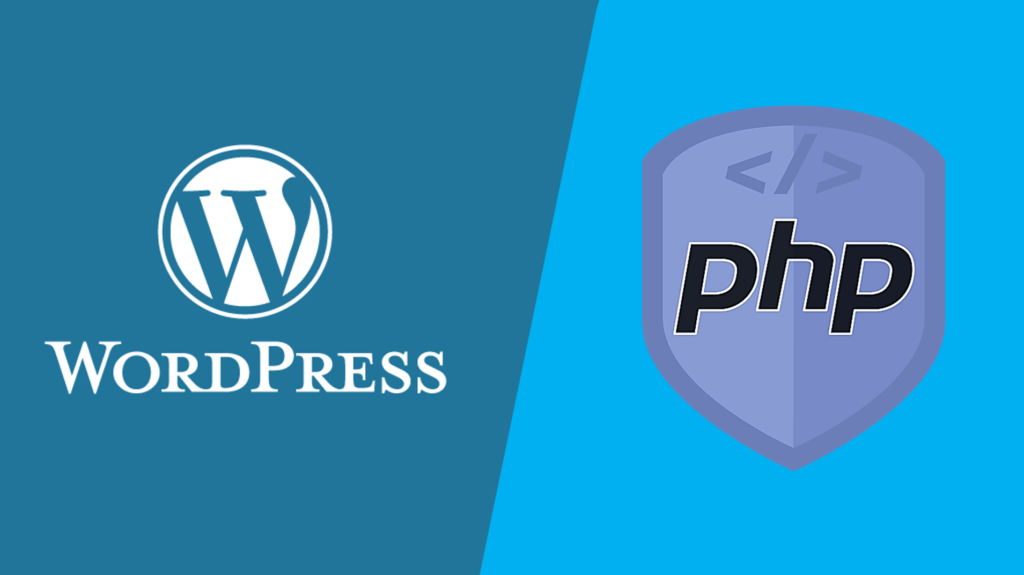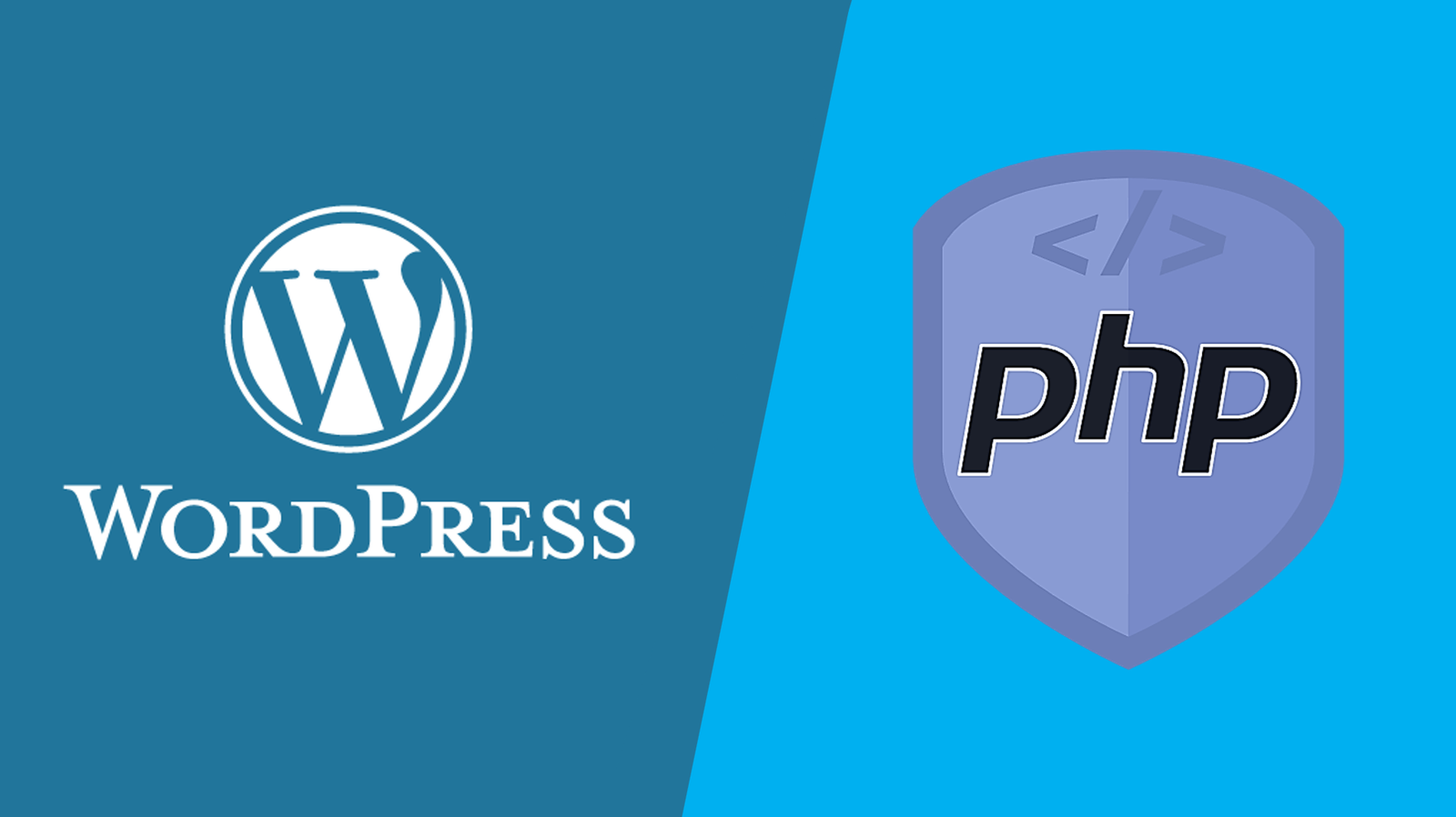When it comes to building a website, especially for SEO and e-commerce, the choice between WordPress and PHP can be a bit overwhelming. I’m Adesh and I’ve been working with WordPress for over 14 years, and I’ve seen firsthand how both platforms can make or break a website. Today, we’re going to break down the differences between WordPress and PHP in a way that’s easy to understand, so you can make the best choice for your needs.
Understanding WordPress and PHP

Before we learn into the nitty-gritty, let’s get on the same page about what WordPress and PHP are.
- WordPress is a content management system (CMS) that’s built on PHP. It’s user-friendly, with thousands of themes and plugins that allow you to create a website without touching a single line of code. WordPress powers over 40% of all websites on the internet, which speaks volumes about its popularity and ease of use.
- PHP is a server-side scripting language used to develop dynamic web pages. It’s more flexible and powerful if you have coding knowledge, but it requires a good grasp of programming. PHP is the backbone of many CMSs, including WordPress.
So, which one should you choose for better SEO and e-commerce? Let’s explore.
SEO: WordPress vs. PHP
When it comes to SEO, WordPress has a distinct advantage, especially if you’re not a developer.
- Ease of Use: WordPress makes it incredibly easy to manage on-page SEO. With plugins like Yoast SEO or Rank Math, you can optimize your titles, meta descriptions, and even create XML sitemaps with just a few clicks. PHP, on the other hand, requires manual coding for these features, which can be time-consuming and prone to errors if you’re not an expert.
- SEO-Friendly Themes and Plugins: WordPress offers a plethora of SEO-optimized themes and plugins that help you rank better on search engines. You can choose a lightweight, fast-loading theme that’s built with SEO in mind, something that’s much harder to achieve with custom PHP unless you’re a seasoned developer.
- Mobile Optimization: Google prioritizes mobile-friendly websites, and WordPress themes are generally responsive by default. PHP websites require you to ensure mobile compatibility, which can involve more coding and testing.
- Regular Updates: WordPress is constantly updated to meet the latest SEO guidelines, which means your website stays compliant with search engine algorithms. With PHP, you’ll need to keep up with updates and make changes manually, which might be challenging if you’re not a developer.
E-Commerce: WordPress vs. PHP
E-commerce is another area where WordPress shines, but let’s see how it stacks up against PHP.
- WooCommerce: If you’re considering WordPress for e-commerce, WooCommerce is the go-to plugin. It’s user-friendly, highly customizable, and has a vast library of extensions that allow you to add any feature you need, from payment gateways to inventory management. Setting up an online store with WooCommerce is straightforward and doesn’t require coding knowledge.
- Customizability: While WooCommerce offers extensive customization, there might be situations where you need something very specific. In such cases, PHP allows you to build a completely custom e-commerce site from scratch. However, this requires advanced programming skills and can be time-consuming and expensive.
- Security: E-commerce sites handle sensitive customer information, so security is paramount. WordPress, combined with security plugins like Wordfence, offers robust protection. However, because WordPress is widely used, it’s also a target for hackers. PHP, when coded well, can be more secure, but that depends heavily on the developer’s expertise. Regular updates and following best practices are crucial for both platforms.
- Scalability: As your business grows, so will your website. WordPress, with the right hosting and optimization, can handle significant traffic. However, PHP gives you more control over server resources and can be more efficient for very large e-commerce sites, especially when performance is a critical factor.
Which One Should You Choose?
So, where does that leave us? The answer depends on your needs and skill level.
- Choose WordPress if:
- You’re not a developer and need a user-friendly platform.
- SEO is a priority, and you want a system that helps you optimize without technical knowledge.
- You’re setting up an e-commerce store and want a quick, efficient solution.
- You prefer having a large community and support network at your disposal.
- Choose PHP if:
- You have strong coding skills or can hire a developer.
- You need complete control over your website’s functionality and design.
- Security is a major concern, and you want to build a highly customized, secure platform.
- You’re dealing with a large-scale e-commerce site that requires advanced scalability and performance optimization.
Examples to Consider
Let me give you a couple of examples to illustrate these points:
- WordPress Example: Imagine you’re starting a small online store selling handmade crafts. You don’t have any coding experience, but you want to build a website that looks professional and ranks well on Google. With WordPress and WooCommerce, you can set up your store, optimize it for SEO, and start selling in no time. You can even add a blog to drive organic traffic and connect with your audience.
- PHP Example: Now, let’s say you’re running a large e-commerce business with thousands of products and a high volume of daily traffic. You have a team of developers, and you need a custom solution that integrates with your existing systems. In this case, PHP would be the better choice, as it allows you to create a highly optimized and secure platform tailored to your specific needs.
Why WordPress Is More Secure Than a Normal PHP Website
Security is always a top concern, and you might wonder why WordPress is often considered more secure than a custom PHP website. Here’s why:
- Regular Security Updates: WordPress has a dedicated team that regularly releases updates to patch security vulnerabilities. If you keep your WordPress site updated, you’re less likely to encounter security issues.
- Security Plugins: WordPress offers a wide range of security plugins like Wordfence and Sucuri that provide additional layers of protection. These plugins can help block malicious traffic, detect malware, and secure your site from brute force attacks.
- Community Support: With a large community of developers, WordPress benefits from continuous monitoring and quick fixes for any security threats. In contrast, a custom PHP website relies solely on the developer’s ability to spot and fix vulnerabilities.
- Less Code Exposure: WordPress’s ecosystem means that you can build a website without writing much code. In contrast, a custom PHP site requires extensive coding, which increases the risk of human error and security flaws.
Final Thoughts
Choosing between WordPress and PHP boils down to your specific needs, skills, and resources. WordPress is ideal for those who want an easy-to-use, SEO-friendly platform with a vast library of plugins and themes. PHP, on the other hand, offers more flexibility and control, making it suitable for large, complex projects that require custom solutions.
I’ve worked with both platforms extensively, and my recommendation is to start with WordPress if you’re new to web development or if your project doesn’t require highly customized features. As you grow and your needs become more complex, you can always transition to PHP or build custom solutions on top of WordPress.
FAQs
-
Does WordPress use any PHP frameworks?
- Yes, WordPress itself is built on PHP, and it uses its own set of frameworks and functions. While it doesn’t rely on external PHP frameworks like Laravel or Symfony, you can integrate these if needed.
-
Which CMS is more secure than WordPress?
- Security depends on how well the CMS is maintained and used. WordPress is secure when properly managed, but alternatives like Drupal are often considered more secure out of the box.
-
Which is the best core, PHP or framework?
- PHP is powerful on its own, but frameworks like Laravel provide additional tools and structure that can make development faster and more secure.
-
Which is the most secure website, Laravel or WordPress websites?
- Laravel offers more control over security and is often considered more secure when custom-built by experienced developers. WordPress can be very secure with the right plugins and maintenance.
-
Does updating PHP make a WordPress website more secure?
- Yes, keeping PHP updated is crucial for security. Updated PHP versions include patches for vulnerabilities, which help protect your WordPress site.
Conclusion
Whether you choose WordPress or PHP, both platforms have their strengths and weaknesses. It’s all about finding the right fit for your project. If you have any thoughts or experiences with WordPress or PHP, I’d love to hear from you. Share your views, ideas, and questions in the comments below!
I hope this detailed guide helps you make an informed decision 🙂 . Remember, there’s no one-size-fits-all solution, so choose the platform that aligns with your goals and expertise. Let’s continue the conversation in the comments!

